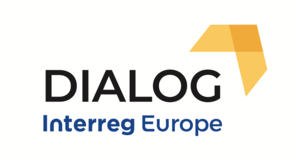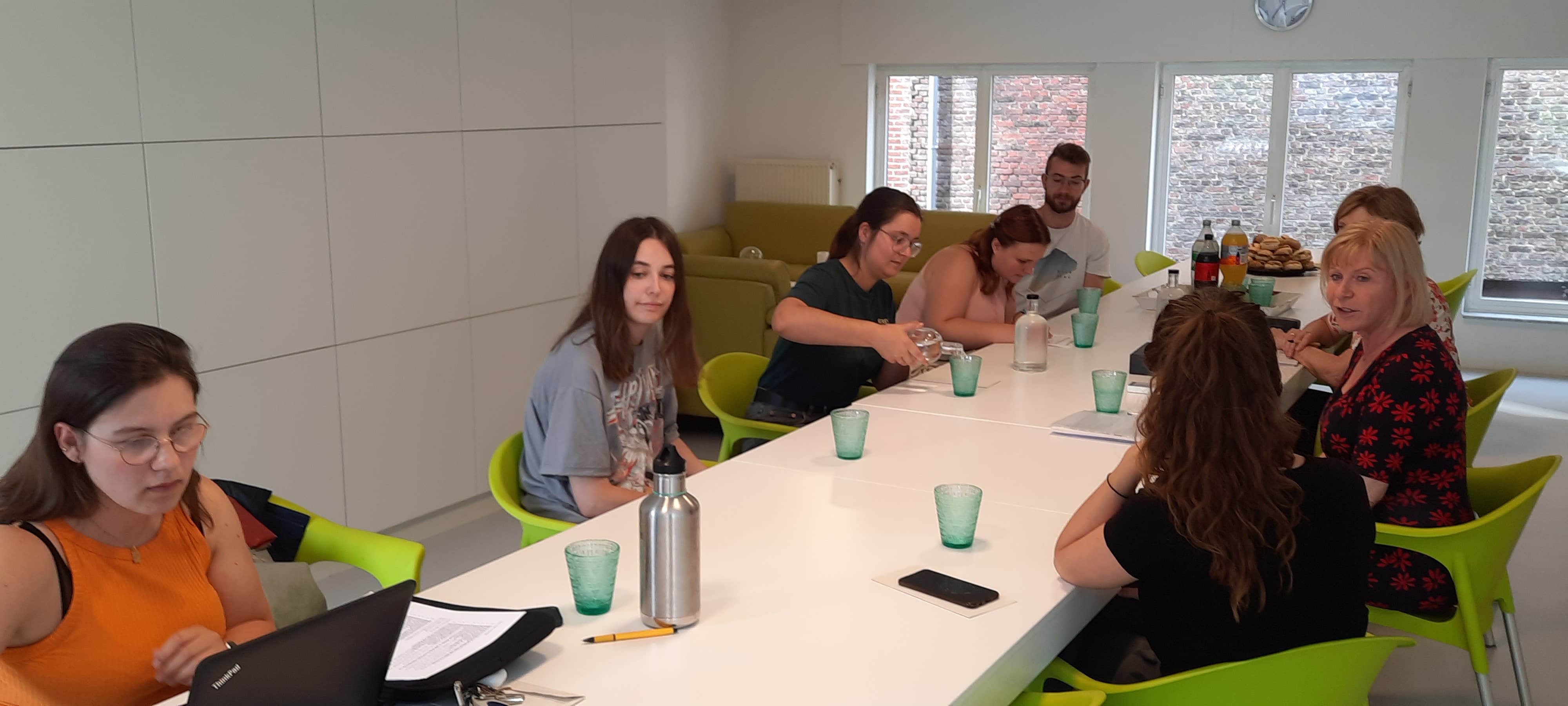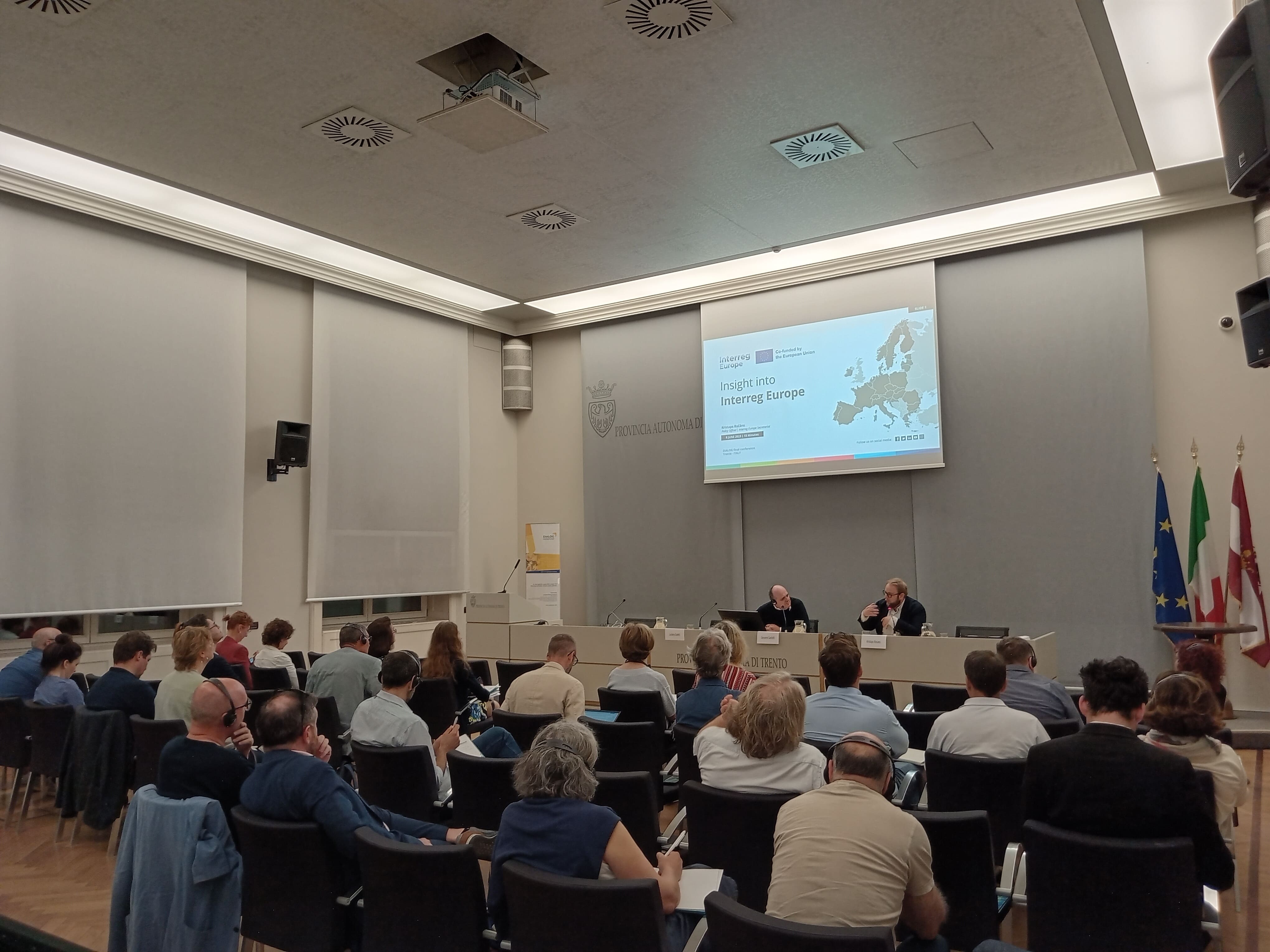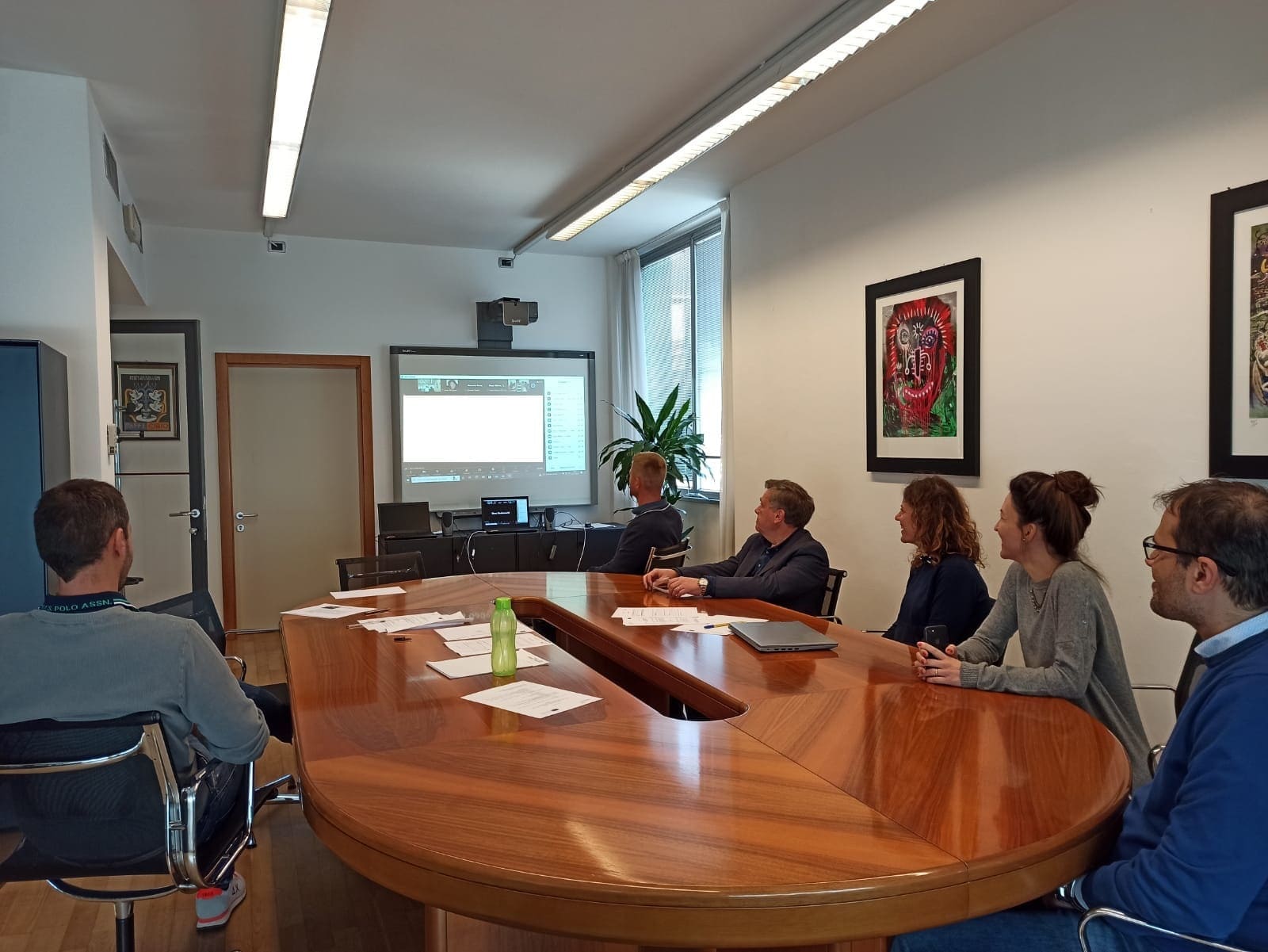Within the framework of the INTTEREG DIALOG project, a conference was held in Toledo, in the incomparable setting of the Museo del Taller del Moro, on May 3 and 4, in which the Vice-Ministry of Employment, Social Dialogue and Labor Welfare, as a participatory partner of the project has updated the good practices previously presented to the partnership.
At the study visit partecipated 11 stakeholders and 8 partner's representatives took part at the meeting.
The DIALOG project's main objective is to improve the effectiveness of innovative policies by promoting greater regional competitiveness through the creation of a model of networks, negotiation and exchange that can involve all local and regional agents and interlocutors.
These last 2 have been selected by the INTERREG program as an example of good practices at European level. In the coming months, the Vice-Ministry will apply the knowledge gained in the project to an action plan aimed at analyzing a participatory process within the framework of the Strategic Agreement for the Prevention of Occupational Risks of C-LM.
The conference was attended by the Castilla-La Mancha Vice-Minister for Employment, Social Dialogue and Labor Welfare, Nuria Berta Chust Martínez, and the Vice-Minister for Education, Amador Pastor Noheda.
On Tuesday 3, a presentation was made on the CLM ECONOMIC RECOVERY AGREEMENT, in which José Damián Oliva García spoke on behalf of the Ministry of Economy, Business and Employment and Mario Fernández González on behalf of CECAM, in which The governance model and chronology of the different participatory Pacts/Processes for the Economic Recovery of Castilla-La Mancha were presented, carrying out an analysis and comparison between the two.
Next, and as a complement to what was previously seen regarding the Governing Association of FARCAMA, a visit was made to a craft workshop located in the historic center of Toledo, as a sign of active participation in the FARCAMA Craft Fair, in which it showed how various instruments are made in ceramics, cosmetics and bookbinding and the challenges and particularities faced by artisans in the region were exposed.
In the afternoon of that same day, Víctor Manuel Cano Fernández spoke as speakers, representing the Ministry of Economy, Business and Employment, whose presentation dealt with the current PLAN FORWARD (2020-2023) and José Manuel Campillo, representing the Council of Chambers of Trade of C-LM, which exposed the role of the Chambers and their programs aimed at promoting digitization and competitiveness in companies.
On the morning of the 4th, Javier de la Cruz González, regional manager for Occupational Health and Safety, presented the guidelines of the STRATEGIC AGREEMENT ON OCCUPATIONAL RISK PREVENTION 2022-2026 recently signed by the regional government together with the social agents UGT-CLM, CCOO-CLM and CECAM within the framework of the CLM Social Dialogue Council.
A round table was then held in which Isabel Carrascosa and Raquel Payo spoke on behalf of the UGT and CCOO unions and Alberto Maldonado on behalf of CECAM and in which the different social agents expressed their points of view on the state of the dialogue in the region, contributing its experience in generating participatory processes that contribute to the design, execution and evaluation of public policies.
The conference ended with a presentation and a discussion by the partners of the INTERREG DIALOG project in attendance aimed at working together with our stakeholders on the next steps to be taken within the framework of the project.








